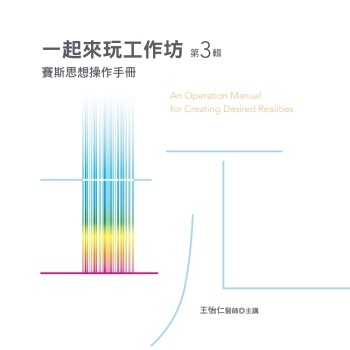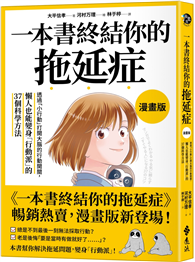亨利‧季辛吉留給世人的最後著作
人類將如何與AI共處?三位跨領域的前瞻領導者——美國前國務卿亨利‧季辛吉(Henry A. Kissinger)、Google前執行長艾力克‧施密特(Eric Schmidt)、微軟前研發策略長克雷格‧蒙迪(Craig Mundie),思辨處於「人工智慧創世紀」時代,人類眼前已知、未知的希望與挑戰。
AI吸收海量資料,成為人類與真實數據資料的中介者,被賦予智慧型代理人的能力,能夠學習、增加解決問題的效率,輔助人類處理氣候變遷、地緣政治衝突、貧富不均等重大危機。儘管AI或許能協助我們解開宇宙之謎,將人類的精神層次推升到超乎想像的高度,卻也帶來前所未有挑戰,它奪取了我們獨立判斷與行動的能力,甚至可能把人類推向演化的新階段。
在人工智慧創世紀的此時,人類的角色是什麼?盲目地信任,或不必要的恐懼AI?這個時代最具影響力的三位領導者,思辨信任與恐懼之間,可行、有效的策略為何。對人類的未來,至關重要!(文/博客來編譯)
好評推薦:
l 「AI可能會是有史以來最偉大的科技革命,延伸出最大的問題是人類該如何適應。這本重要的著作,探討了眼前真實的未來,充滿無限可能,卻又伴隨著極為複雜的新挑戰。」——Open AI 執行長山姆‧奧特曼(Sam Altman)。
l 「本書及時談討人工智慧與知識、權力和政治之間的關係,幫助我們仔細思考對人類而言,AI具備的潛力與風險。」 ——比爾‧蓋茲(Bill Gates)。
In his final book, the late Henry Kissinger joins forces with two leading technologists to mount "a profound exploration" (Walter Isaacson) of the epochal challenges and opportunities presented by the revolution in Artificial Intelligence: a breakthrough that dramatically empowers people in all walks of life while also raising urgent questions about the future of humanity.
As it absorbs data, gains agency, and intermediates between humans and reality, AI (Artificial Intelligence) will help us to address enormous crises, from climate change to geopolitical conflicts to income inequality. It might well solve some of the greatest mysteries of our universe and elevate the human spirit to unimaginable heights. But it will also pose challenges on a scale and of an intensity that we have never seen--usurping our power of independent judgment and action, testing our relationship with the divine, and perhaps even spurring a new phase in human evolution.
The last book of elder statesman Henry Kissinger, written with technologists Craig Mundie and Eric Schmidt, Genesis charts a course between blind faith and unjustified fear as it outlines an effective strategy for navigating the age of AI.












